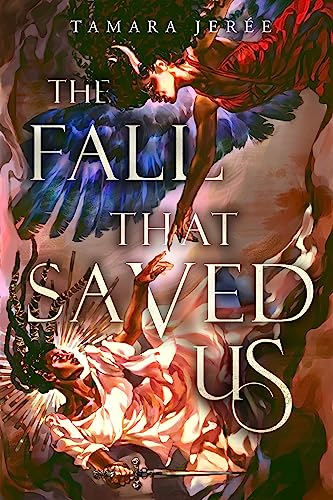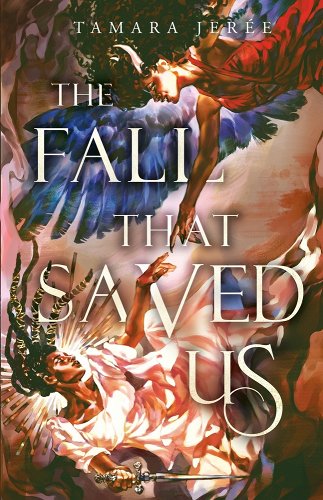While I am usually pretty ambivalent about book covers, every once and a while a book will come along with such a beautiful cover that I can’t help but add it to my to-read list. One such book is Tamara Jerée’s The Fall That Saved Us. Once I read the summary, though, it went from just beingRead More
An Emotional Demon Hunter Romance: The Fall That Saved Us by Tamara Jerée
Buy this from Bookshop.org to support local bookstores and the Lesbrary! Tamara Jerée’s The Fall That Saved Us centers around Cassiel, a former demon hunter who has left her abusive family behind in favor of a quiet life in a little bookshop she now runs. When a succubus named Avitue shows up one day, the two fallRead More
A Fantasy of Community: Legends & Lattes by Travis Baldree
Buy this from Bookshop.org to support local bookstores and the Lesbrary! Legends & Lattes has been reviewed at the Lesbrary before, and it’s certainly gotten a lot of praise online in general, so why do I feel the need to add my own positive review to the mix? I think it’s because the reason IRead More
Healing Through a Haunting: The Fall That Saved Us by Tamara Jerée
Bookshop.org Affiliate Link The author’s content notes, which also apply to this review: “While Cassiel’s story is focused on healing, heavier themes of trauma and shame are explored to give context to the protagonist’s journey. Please consider the major content notes: cutting scars, brief self-harm ideation, discussion of an eating disorder, family emotional abuse, andRead More


